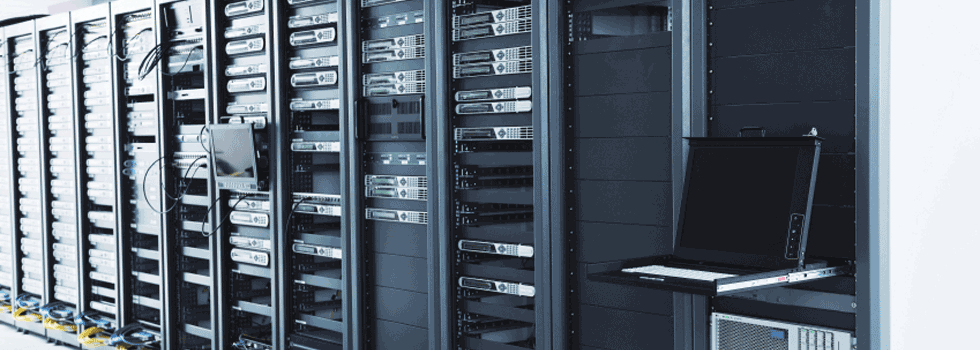So your business grew a lot and you’re looking to start colocating some of the servers you have, right? In this post i’ll guide you through the basics when looking for colocation and what you should be cautious about.
Inventory — When you start with colocation you should have enough inventory in case of hardware failure. You would want spare HDD’s, CPU’s, RAM modules and power supplies and some cables.
Power costs — It’s important to take a server that does not use high volumes of power. If you go with older hardware the power usage will be higher. This is something to keep in mind as you might save on the hardware costs, but will lose on the power costs.
Bandwidth costs — One of your most expensive costs is Bandwidth. You should check your datacenters bandwidth policy first and go with a 95% measurement and not burst measurement. Read the small prints and make sure you don’t get caught up with high bandwidth expenses without you knowing it. We have seen a few cases of this happening.
Datacenter location — You should consider a datacenter that has a good central location for your users and yourself. If you start with colocation and you want to manage the servers yourself, a datacenter nearby your home is adviced as you will need to go back and forth to the datacenter, especially in the start when you try to figure things out.
Datacenter network — One of the most important considerations is the datacenter network. How big is the network? What’s the quality? How much room is there to grow? Is it redundant? Do they have more then 1 cable going out?
Expansion — Check with the datacenter if they have room for you to grow. It’s very much possible that you are going to expand tremendously and might need your own rack. How unfortunate would it be if they don’t have the room?
DDoS protection — Nowadays you can’t go without DDoS protection. These days it’s become a pre. Though a lot of datacenters don’t offer it, or don’t offer it by default. This is something to look into. You’d want a datacenter that offers this to you.
Redundancy — You should go with a datacenter that has very high standards of redundancy: 2 power feeds, power UPS, generators and more then 1 fiber going outside. You need to be able to stay online in case of power outages, fiber cuts and internal power failures.
I hope this post will help you to choose the right datacenter. If you need more information about our colocation offers? You can find that here.

